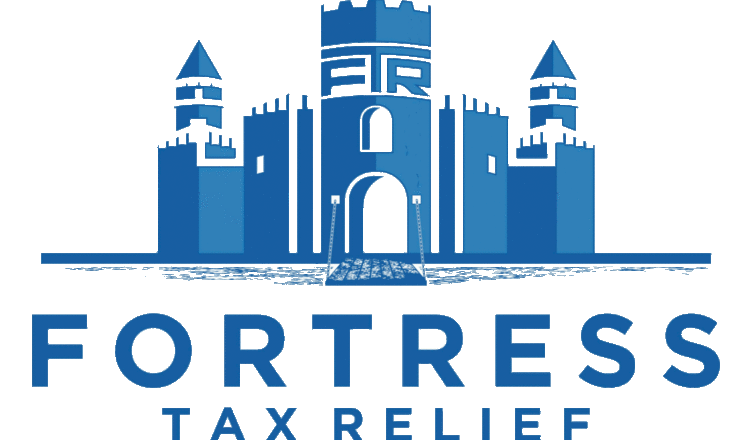Income Tax Relief for Salaried Employees
The IRS requires everyone who earns income in the United States to pay tax on that income. If a taxpayer is a salaried employee, their employer will withhold federal income taxes from their paycheck and submit it to the IRS on their behalf. If the employer withheld more tax than was needed to pay the actual balance, as is often the case, the taxpayer will receive a refund when they file their return. When an employee incorrectly completes Form W-4 or claims too many exemptions, an employer may not withhold enough tax to cover the balance due according to the employee’s income tax return, resulting in a balance due.
What if I am self-employed?
All income is taxable, and being an independent contractor can actually make the tax filing process more intricate. If you’re self-employed, you have a host of taxrelief liabilities to consider. Self-employed individuals are responsible for withholding their own federal income taxes; these people must pay their income taxes throughout the year by making estimated tax payments. Estimated tax payments are based on taxes due from the prior year and can be made monthly or quarterly. If the Taxpayer does not make enough estimated payments during the year,
What are the consequences of not filing a tax return?
What are the penalties for unpaid taxes?
Penalties accumulate the longer you take to pay off your debt. Your debt will accrue interest, usually half a percentage of the amount owed. As time goes by, this can add up to a maximum of 25% interest on the amount owed. Many taxpayers find themselves paying thousands of dollars more than their original outstanding balance. Community Tax can help you avoid these penalties.
What is a tax lien?
If you don’t pay off your debt or reach an agreement with the IRS, you may be subject to a tax lien, in which the government seizes your assets, including garnishing your wages and seizing your bank holdings. The IRS will send you a series of letters before collecting your assets, including a Notice of Intent to Collection.
Can I settle my debt for less?
With the help of a tax professional, it is possible to pay less than the full amount you owe.
An offer in compromise
currently not collectible
However, your debt can still accrue interest and other non-payment penalties and the IRS can still file a Notice of Federal Tax Lien, which can negatively affect your credit rating. Before you can apply for currently non-collectible status, you will likely need to file any delinquent tax returns. The IRS will also need to take a close look at your financial information, including your income statement, current expenses and any other debt you may have incurred, whether it is a student loan or a mortgage debt.
Will the government fully forgive my debt?
Full debt forgiveness occurs only in the rarest of cases: the IRS will rarely cancel the debt. Although partial debt forgiveness from the Internal Revenue Service is more common, you must meet a variety of qualifications to be eligible to apply for this distinction. You must prove that you do not have the means to pay your tax debt, have few assets that the IRS could collect, and do not generate more than the minimum essential living expenses. There are strict regulations regarding all of the options mentioned above, so it is in your best interest to apply with the help of a professional. If you owe an unmanageable amount of back taxes and need to apply for help with back taxes,
Innocent Spouse Relief
Are you looking for income debt relief services as the spouse of a delinquent taxpayer? Many married taxpayers choose to file a joint income return because of the benefits this particular filing status allows. However, when filing a joint return, both taxpayers are jointly and severally liable for the tax and any interest or penalties resulting from the joint return, even if the couple later divorces. If your spouse or former spouse did not report income, improperly reported income or incorrectly claimed credits or deductions, we can help you apply for Innocent Spouse Relief. We can help you prove that you are an innocent spouse as defined by the Internal Revenue Code, exempting you from the cause of taxes by another person. We can help you present the evidence and relieve you of unfair liabilities due to the spouse’s failure to pay their income tax. Our certified resolution specialists can help you with federal and state tax relief. exempting you from the cause of taxes by another person. We can help you present the evidence and relieve you of unfair tax liabilities due to the spouse’s failure to pay their income. Our certified tax resolution specialists can help you with federal and state relief. exempting you from the cause of taxes by another person. We can help you present the evidence and relieve you of unfair liabilities due to the spouse’s failure to pay their income tax. Our certified tax resolution specialists can help you with federal and state tax relief.

